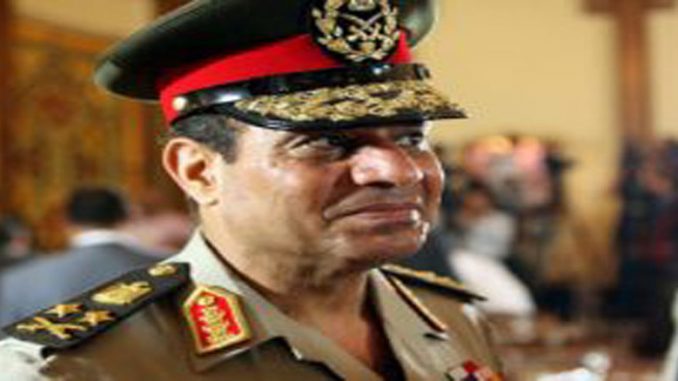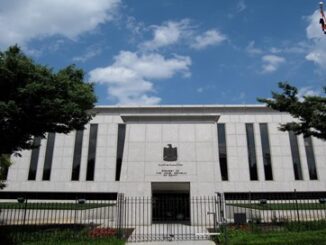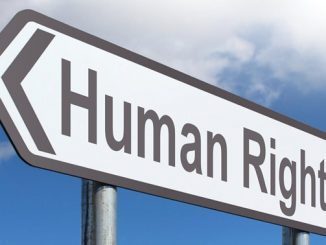
Egyptian authorities have detained an economist who wrote a book disputing argument made by Abdel Fattah al-Sisi, his wife has said. The book criticizes al-Sisi for what it says is his lack of vision to remedy Egypt’s economic woes, which Farouq blames on the military’s monopoly of power since 1952.
Abdel Khalik Farouk, 61, is the author of more than 20 books on corruption in the Egyptian economy. Copies of his latest book, Is Egypt really poor? were confiscated by Egyptian authorities last week on the day of publication. The owner of the printing house, Ibrahim El Khatib, was also arrested.
The book is believed to be a response to Sisi’s repeated statements that Egypt is “very poor”, arguing instead that the country’s ailing economy is a result of corruption and favoritism, rather than because of inherent poverty.
Farouk’s wife, Naglaa Salama, posted on Facebook saying that her husband had been detained that day at the Shorouk police station in Cairo. On Monday, she said he was summoned for interrogation at the National Security Prosecution in the Fifth Settlement district in Cairo.
She told Reuters that the three police officers who detained Farouk told her that the arrest was related to his latest book. He was charged with publishing false news, she said.
After the confiscation of his book, Farouk published a free PDF version of the book, which was then widely circulated in Egyptian social media.
Hussein Baoumi, Amnesty International’s Egypt researcher, described Farouk’s arrest as “another sinister development”.
“This seems to be yet another example of the Egyptian authorities’ reacting angrily at anything amounting to disagreement or dissent.”
“Mr. Farouk is solely detained for peacefully expressing his opinions and he should be released immediately and unconditionally.”
Rights groups have documented a rising crackdown on freedom of expression since former general Abdel Fattah al-Sisi reached power through a military coup in 2013 against Egypt’s first democratically elected president Mohamed Morsi.
Other writers and bloggers have been detained on a range of charges, including “publishing false news”, “insulting religion “and “insulting the army”.
PEN, Promoting Friendship and Intellectual Cooperation, an international association of writers, has noted the rise in the number of Egyptian writers who have been detained since 2014 “solely for exercising their right to freedom of expression, association, and assembly, including for journalistic, artistic, or human rights work”.



